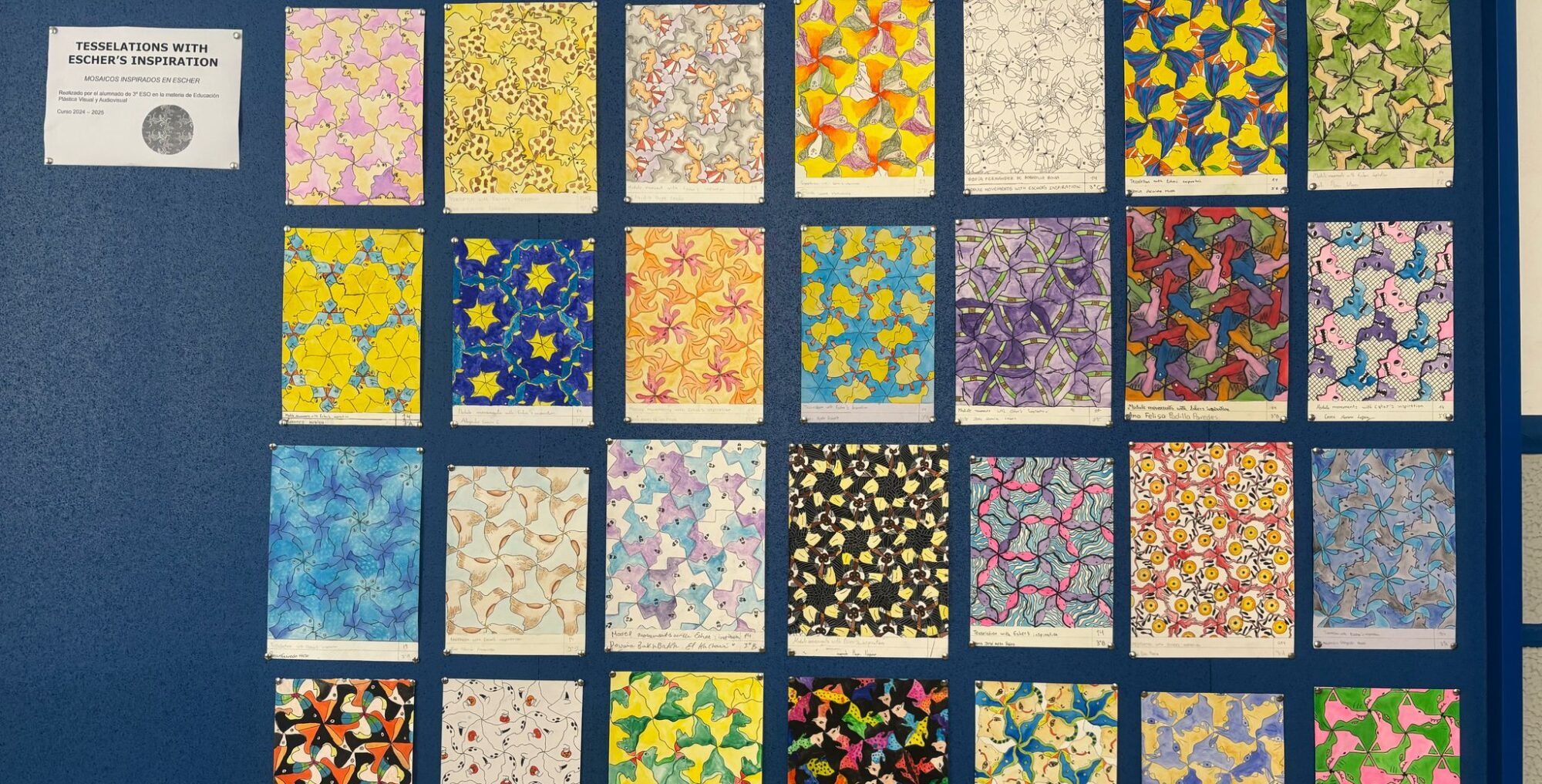Hola a todos y a todas,
Os envío el vocabulario de este epígrafe. Si tenéis dudas podéis escribirme a racheligualdad@gmail.com
Hay que hacer la traducción de todo el epígrafe. De la tabla que hay sobre Carlos I y Felipe II (pg. 58), en la parte de Felipe II NO tenéis que traducir el puntito 2 que empieza: “In 1591….”, ni el puntito 4 que empieza “Felipe II was…”, ni el puntito 7: que empieza: “Resistance to Felipe II….”, ni el puntito 8 que empieza: “Felipe II sent the…”.
Cada tema debe ir con su portada, sus epi´rigrafes y subepígrafes en mayúsculas y con los colores que se establecieron, tal y como sabéis desde principio de curso. Es importante que vayáis viendo los temas y traduciendo periódicamente porque os lo pediré todo. Espero que nos veamos pronto, pero si las circunstancias impiden que empecemos las clases a mediados de abril, es posible que tenga que utilizar otros sistemas de evaluación.
Así que tenéis que ser constantes.
En cuanto a las personas que tengan la asignatura pendiente y no hayan entregado ni la primera parte de los resúmenes que mandé ni la segunda, aún tenéis tiempo. Os animo a que lo intentéis. Id preparándolos. Ya veremos cómo hacemos para poder evaluaros.
Cuidaros mucho. Os echo de menos. Teacher Rachel.
GLOSSARY EPIGRAPH 2.
THE RULE OF CARLOS I AND V, AND FELIPE II
Rule: gobierno
Holy Roman Emperor: Emperado del sacro Imperio romano Gernánico
Was known: fue conocido
To inherit (inherited) : Heredar (heredó)
Netherlandds: Países Bajos
Franche comté (Franco Condado)
Outside: fuera
To abdicate (abdicated): abdicar (abdicó) : Dejar de ser Rey. Renunciar a seguir ejerciendo como rey. Es como dimitir solo que para los reyes existe un verbo cuando quieren dejar su cargo.
To receive (received): Recibir (recibió)
Title: título
Both: ambos
To deal: tratar
Domestic policy: Política interior
To face (faced): Enfrentar (Se enfrentó)
Internal revolts: revueltas internas
Comuneros : comuneros o comunidades. (Se conoce de las dos maneras.)
The Brothershoods: Las Hermandades
To fail (failed): Fallar, fracasar (fracasaron)
The revolts failed, but Carlos I adapted his approach to government. He spent more time in Castilla and appointed Castilian nobles to the highest posts in government. = Las revueltas fracasaron pero Carlos I tuvo encuenta los que demandaban para su gobierno. Así que pasó más tiempo en Castilla y nombró a nobles castellanos en los puestos más altos del gobierno. (Os he hecho yo la traducción de este párrafo porque es una traducción más libre y no tan literal para que lo podáis entender. En uno de los vídeos que os he facilitado se explican las revueltas. Y una de las cosas que le demandaban a Carlos I es que lo ayudaran a gobernar los nobles castellanos y no ayudantes extranjeros que no sabían nada de los problemas de Castilla. Así, que Carlos I, tuvo en cuenta esto para evitar tener más problemas y revueltas.)
Foreign affairs: Política exterior
To fight (fought): luchar (luchó)
Against: contra
Duchy: Ducado
Hispanic Monarchy: Monarquía hispánica
Tunisia : Túnez
Attempt:intento
To reduce: reducir
Attacks: ataques
Protestant princes: Príncipes protestantes
To deafeat (defeated): derrotar (derrotó)
Battle: batalla
To allowe(allowed): Permitir (permitió)
Vast: vasto (extenso)
Was crowned: Fue Coronado
Uprising: sublevación (levantamiento)
To stretch over: Extenderse sobre
GOVERNMENT SOCIETY AND ECONOMY
Own: propio
Viceroy: (virrey) (eran como los delegados de los reyes en otros territorios. Tened en cuenta que el Imperio hispánico en esta época tenía territorios en muchas partes del mundo. Por ejemplo en América estaba el virreinato de Nueva España y el virreinato de Perú)
Powerful (poderosa)
Boom: (explosión, pero entendida como una expansión a lo grande, en este caso hubo un boom, una expansión del comercio)
Due: debido
Through: a través
Was located: estaba situada
Explicación sobre La Casa de contratación.
*Casa de Contratación: Creada por los Reyes Católicos en 1503, para administrar y controlar todo el tráfico con las Indias al declararlas mercado reservado de Castilla. Nadie podía ir a América ni fletar ninguna mercancía para las Indias sin pasar por la Casa de Contratación de Sevilla; y toda mercancía procedente de las Indias debía pasar por el control de esa institución y pagar allí el impuesto del 20 % a la Corona.
